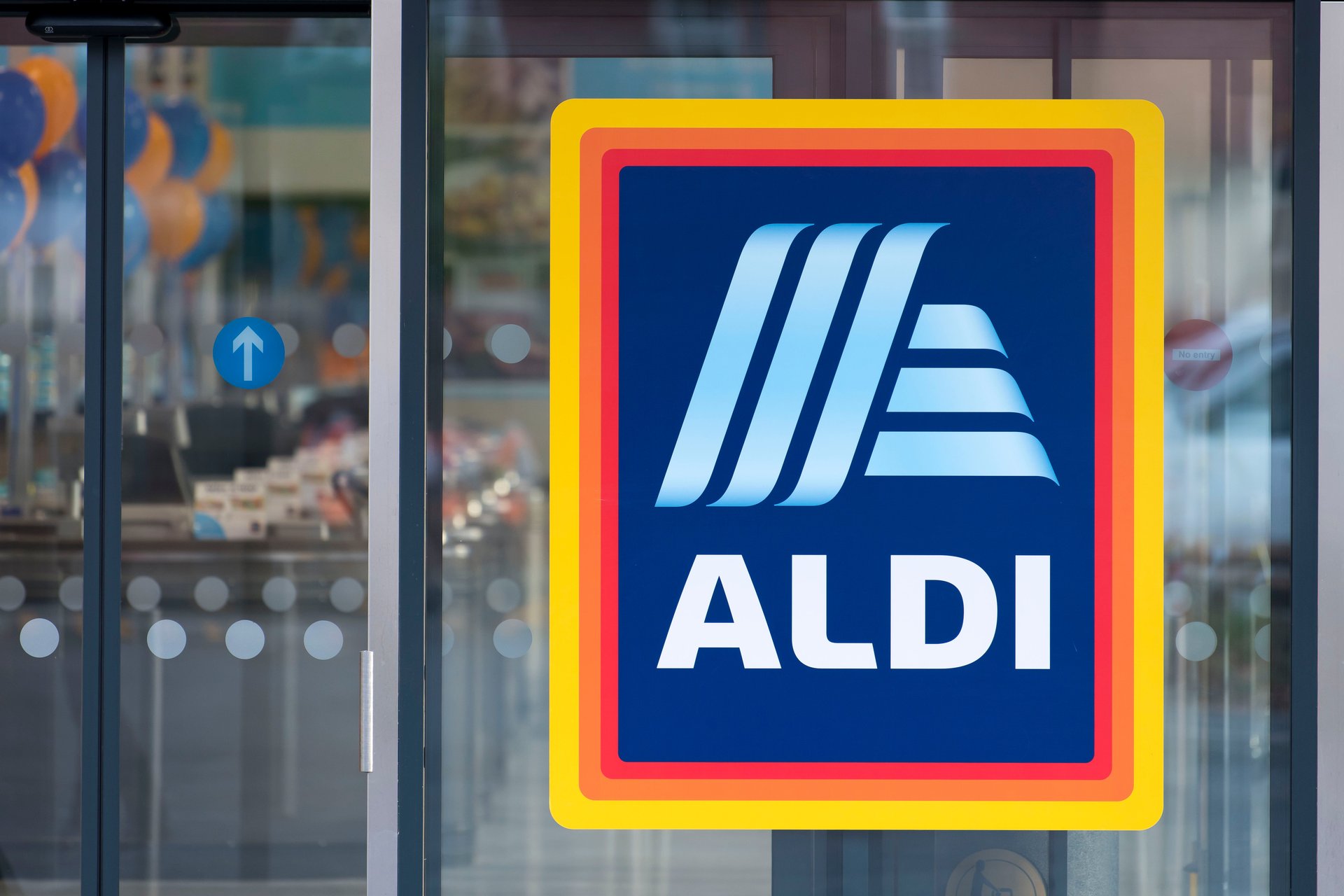Aldi is hiring a whopping 13,000 workers. Here's what's driving the boom
The discount grocer plans to open 800 new stores across the U.S. over the coming years

Discount grocer Aldi has big plans for its U.S. expansion, including a holiday hiring spree.
Suggested Reading
The company plans to open 800 new stores nationwide over the next five years. To support this ambitious goal, and prepare for the busy holiday season, the retailer said it is hiring over 13,000 new store and warehouse associates.
Related Content
Aldi currently employs over 49,000 people, and said it is focused on “growing its team.” To attract new hires, Aldi is increasing its starting wages, with store positions starting at $18 per hour and warehouse roles at $23 per hour.
With unemployment rates still higher than they were a year ago, Aldi’s hiring push aims to draw in retail workers. According to the Bureau of Labor Statistics, the sector has largely remained unchanged.
Beyond competitive wages, Aldi said it’s offering robust benefits to those working more than 30 hours per week. These include healthcare insurance, paid time off, and new perks like flexible scheduling and 100% paid parental and caregiver leave, which it introduced in 2023.
Aldi also appears to be big on career growth. Many employees start as store associates and move up the ranks; 70% of assistant managers and over 30% of store managers began in entry-level positions, and all top executives started their careers at Aldi. There’s also opportunities for employees to advance into roles like buying, HR, and the supply chain.
Atty McGrath, Aldi’s president, said that retailer’s in-store staff, warehouse workers, and drivers are essential in creating a “quicker, easier, more affordable shopping experience” that customers value.
As consumers continue to deal with higher prices, Aldi’s approach could give it an edge. The retailer has fared pretty well despite inflation, though its reach is smaller when compared to Walmart and Target.
Aldi operates nearly 2,400 U.S. locations and plans to invest over $9 billion to open 800 new U.S. stores. In comparison, Walmart has more than 4,600 U.S. locations, while Target has over 1,900.
In late April, Jason Hart, CEO of Aldi’s U.S. operations, noted an increase in shoppers seeking deals. To keep prices low, Aldi has streamlined its operations, including making adopting in-store digital price tags, expanding its range of private-label products, and partnering with different freight carriers.
Earlier this year, when a large sweep of retailers raced to slash prices, Aldi was among those that marked down hundreds of items, including kombucha, pulled pork, and even sirloin steak.
